Hospital Departments
1. Department of Dermatology

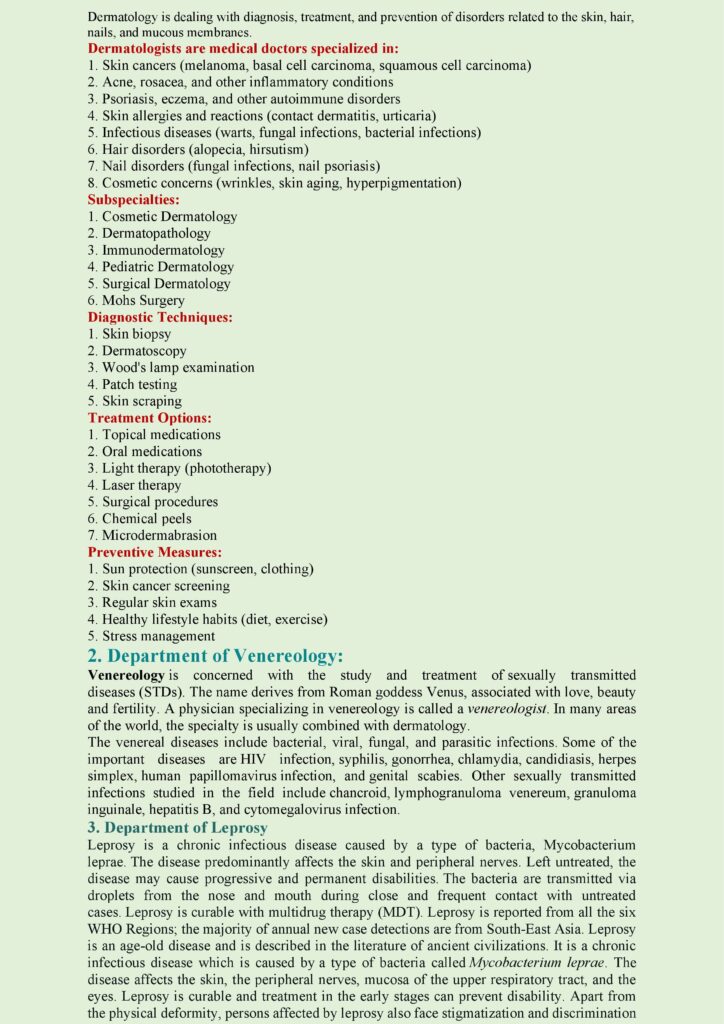
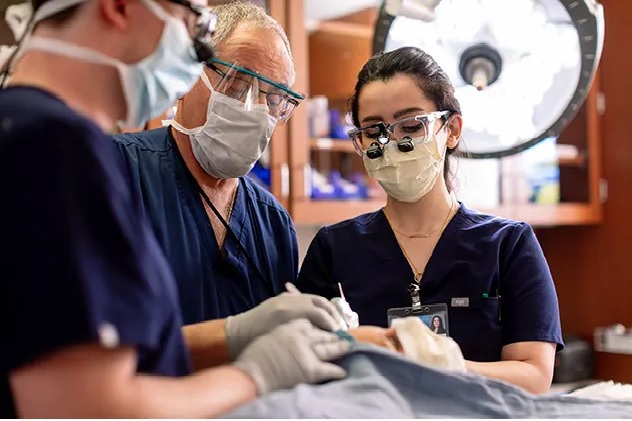
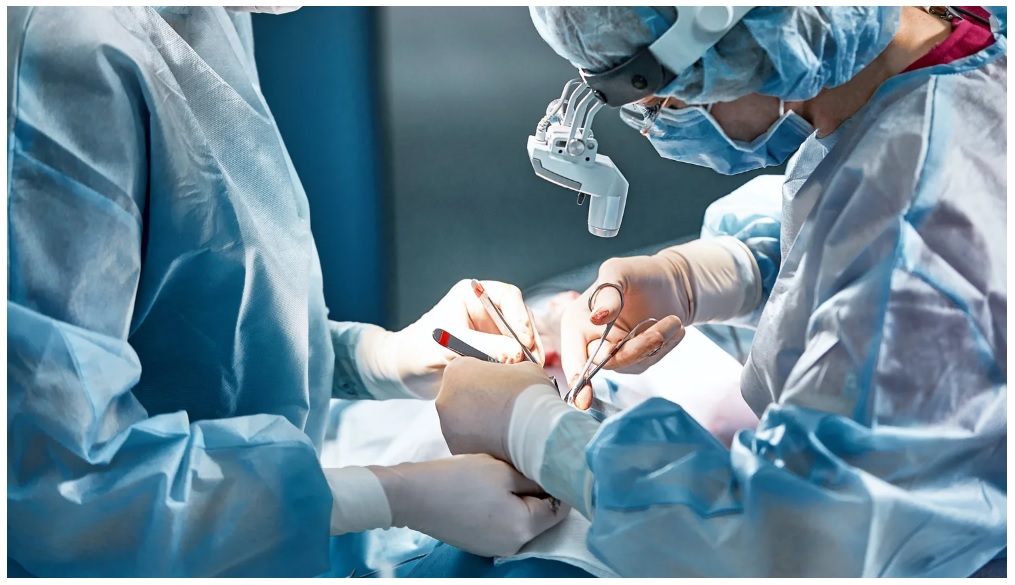
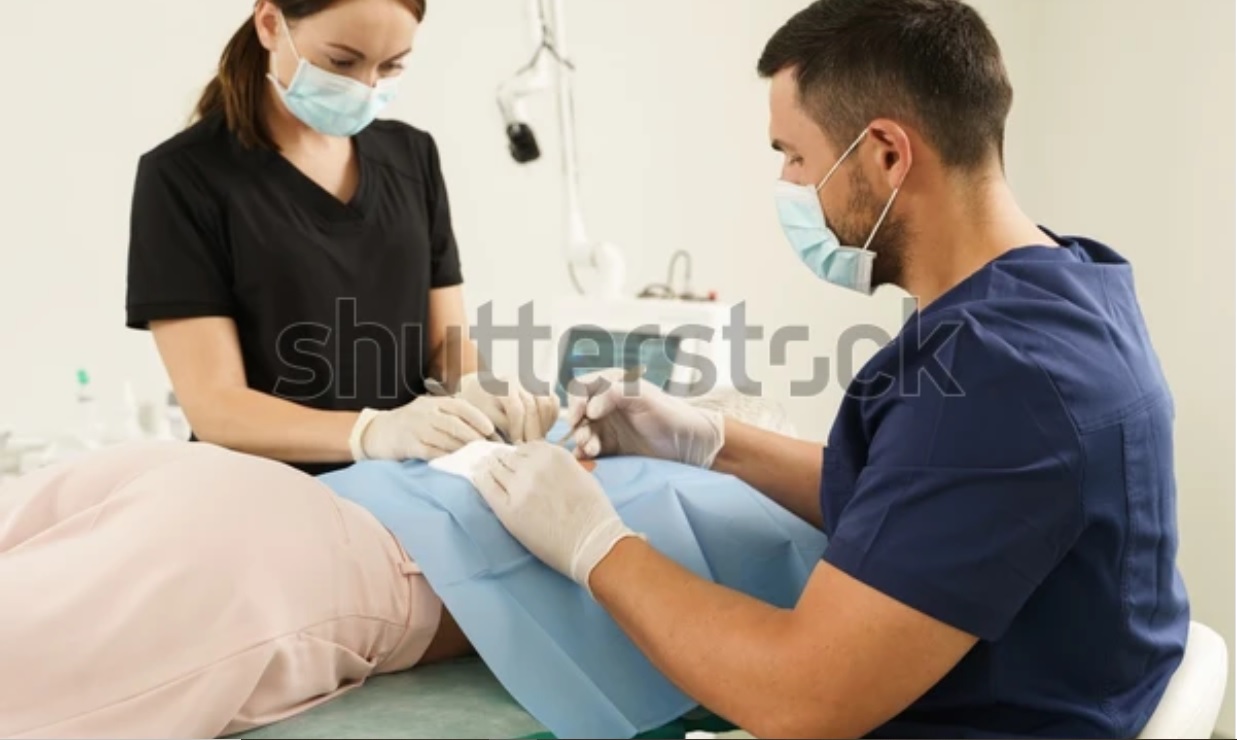
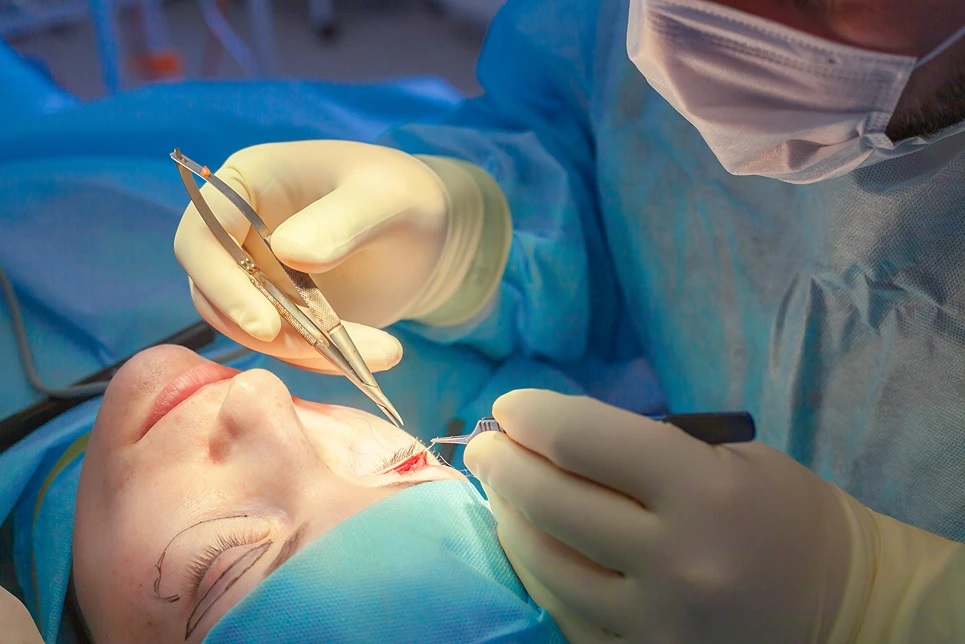
The dermatologic surgeons offer a full range of diagnostic and therapeutic services for the management of skin cancer, skin conditions requiring surgery, reconstructive surgery, laser and cosmetic surgery, and varicose vein treatment.
Our board-certified dermatologic surgeons work closely with the cosmetic centers and multispecialty teams at Mayo Clinic in Arizona, Florida and Minnesota. Cosmetic and surgical services include:
- Body shaping.
- Fat transplantation.
- Tumescent liposuction.
- Botox treatment for sweating.
- Botox treatment for wrinkles.
- Cosmetic laser surgery.
- Acne scar surgery.
- Cosmetic resurfacing, including chemical peel and dermabrasion.
- Laser hair removal.
- Laser treatment of facial blood vessels.
- Spot removal with laser.
- Vascular birthmarks and hemangiomas.
- Cosmetic surgery for sun-damaged, aging or wrinkled skin.
- Medical treatment of sun-damaged skin.
- Mole and spot removal.
- Skin augmentation, correcting scars and wrinkles by injection.
- Microblading for eyebrows.
- Microneedling and microdermabrasion.
- General dermatologic surgery.
- Acne scar surgery.
- Cyst removal.
- Keloid treatment.
- Mole and skin growth removal.
- Pediatric skin surgery, in Minnesota.
- Scar revision.
- Hair transplant surgery.
- Eyebrow reconstruction.
- Hair replacement surgery.
- Scalp reduction surgery.
- Leg vein surgery.
- Spider vein treatment with sclerotherapy or laser.
- Varicose vein treatment options.
- Nail surgery for fingernail and toenail problems.
4. Department of General Medicine
- 24/7critical care facilities
- Diabetes
- Hypertension
- Thyroid
- Facilities for ECHO
- Treatment of Cardiac & Neuro emergency
- Treatment of snake bite & Poisoning.
- Facilities of Dialysis
5. Chronic Diseases
- Pain & Palliative Care
- Cancer
- Stroke & Paralysis Management
- Other Chronic Diseases
- MD Palliative Medicine: यामध्ये गंभीर, तीव्र, किंवा जीवघेण्या आजारांनी त्रस्त असलेल्या रुग्णांसाठी विशेष वैद्यकीय औषधोपचार सेवा जी त्यांच्या जीवनाचा दर्जा सुधारण्यावर लक्ष केंद्रित करते. यामध्ये वेदना, नैराश्य, थकवा, बद्धकोष्ठता, मळमळ, भूक न लागणे, झोपेचा त्रास आणि चिंता , तणाव, श्वास लागणे समस्यांसारखी लक्षणे कमी केली जातात, ज्यामुळे रुग्णाला आराम मिळतो. फुफ्फुसाचे आजार, मूत्रपिंडाचे आजार, Stroke,लखवा, कर्करोग, मधुमेह, दीर्घकालीन अवरोधक फुफ्फुसांचा रोग (Chronic Obstructive Pulmonary Disease, COPD), मज्जासंस्थेचा विकार, एमियोट्रोफिक लेटरल स्क्लेरोसिस ही विशेष वैद्यकीय औषधोपचार रुग्णाच्या आजाराच्या कोणत्याही टप्प्यावर, अगदी उपचारादरम्यान देखील सुरू केली जाते.
6. Department of Surgery
- Hemmorhoids, Fissure & Fistula
- Hernia
- Appendix
- Pancreas related Disorders
7. Intensive Care Unit
Intensive Care Unit, ICU is a specialized hospital department for patients who are critically ill, severely injured, or recovering from major surgery. ICUs are equipped with advanced life support systems and provide continuous monitoring for patients who require constant observation and immediate intervention.
8. Pathology Lab 24×7
9. Pharmacy 24×7
Our Services:
We provide comprehensive heart care services with experts , advanced technology, and personalized treatment plans. Our goal is to diagnose, treat, and prevent heart diseases while ensuring the best possible outcomes for our patients.we believe in early diagnosis, expert treatment, and long-term health management to help you live a healthy and active life.
1.General Medicine:
Our General Medicine Services
- Diagnosis & Treatment of Common Illnesses
- Diabetes & Hypertension Management
- Heart & Lung Disease Care
- Thyroid & Hormonal Disorders
- Infectious Disease Treatment
- Preventive Health Check-ups
- Obesity & Nutrition Counseling
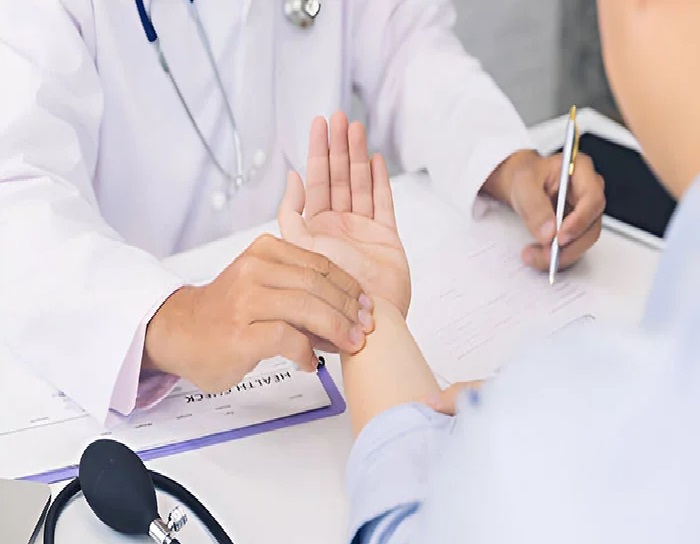
2. Diabetology:
Our Diabetology Services
- Diabetes Screening & Diagnosis
- Blood Sugar Management
- Diabetes Complications Management
- Insulin Therapy & Medication Management
- Gestational Diabetes Care
- Diabetes Diet & Nutrition Counseling
- Diabetes Foot Care
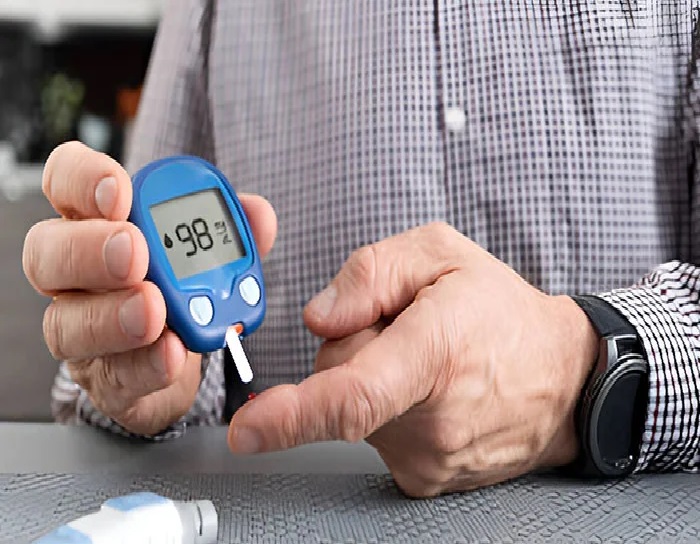
3. Cardiology:
Our Cardiology Services
- Heart Disease Diagnosis
- Coronary Artery Disease Treatment
- Heart Attack Management
- Heart Failure Treatment
- Hypertension & High Cholesterol Management
- Pacemaker & Device Implantation
- Preventive Cardiology

4. Plastic Surgery:
Our Plastic Surgery Services
- Cosmetic Surgery
- Reconstructive Surgery
- Burn Surgery & Scar Revision
- Hand & Microsurgery
- Cleft Lip & Palate Surgery
- Non-Surgical Aesthetic Treatments
- Post-Weight Loss Surgery
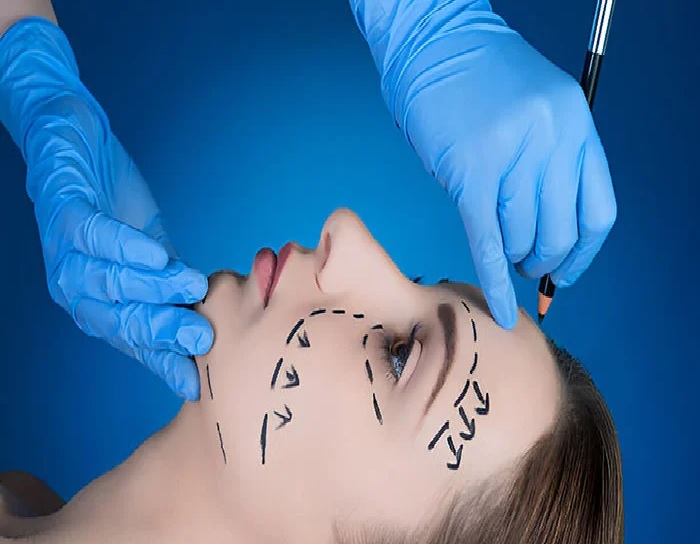
5. Gastroenterology:
Our Gastroenterology Services
- Endoscopy & Colonoscopy
- Liver Disease Treatment
- Gastritis & Acid Reflux Treatment
- Irritable Bowel Syndrome (IBS) & Inflammatory Bowel Disease (IBD)
- Gallbladder & Pancreatic Disorders
- Piles, Fissures & Fistula Treatment
- Digestive Cancer Screening & Treatment

6. Oncology:
Our Oncology Services
- Cancer Screening & Early Detection
- Medical Oncology (Chemotherapy & Targeted Therapy)
- Surgical Oncology
- Radiation Therapy Coordination
- Immunotherapy & Hormone Therapy
- Palliative & Supportive Care
- Post-Cancer Rehabilitation & Recovery
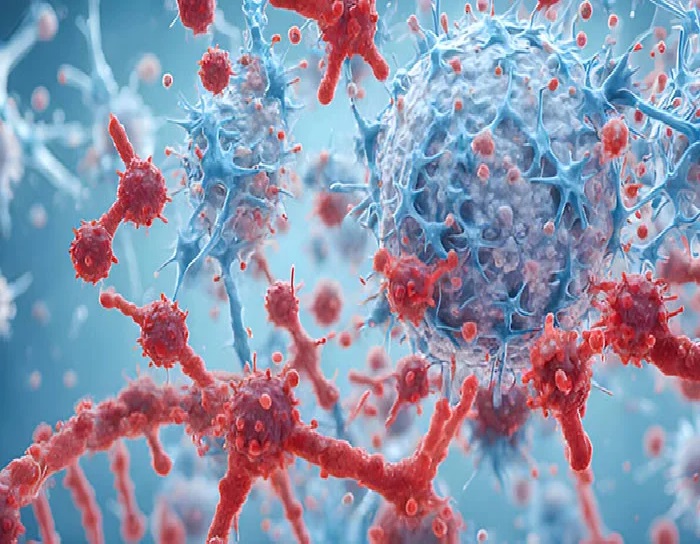
7. Urology:
Our Urology Services
- Kidney Stone Treatment
- Urinary Tract Infections (UTIs)
- Prostate Disorders
- Male Infertility & Sexual Health
- Urinary Incontinence & Bladder Disorders
- Urological Cancers
- Pediatric Urology
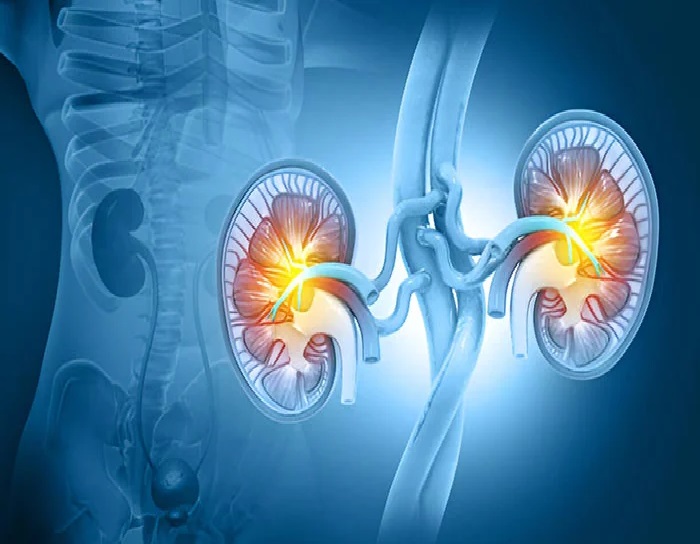
8. Urology:
Our Urology Services
- Kidney Stone Treatment
- Urinary Tract Infections (UTIs)
- Prostate Disorders
- Male Infertility & Sexual Health
- Urinary Incontinence & Bladder Disorders
- Urological Cancers
- Pediatric Urology

9. Gynecology & Obstetric:
Our Gynecology & Obstetric Services
- Pregnancy Care & Delivery
- Menstrual & Hormonal Disorders
- Infertility Treatment & IVF Counseling
- Uterine & Ovarian Health Care
- Gynecological Surgeries
- Cervical & Breast Cancer Screening
- Sexual & Reproductive Health
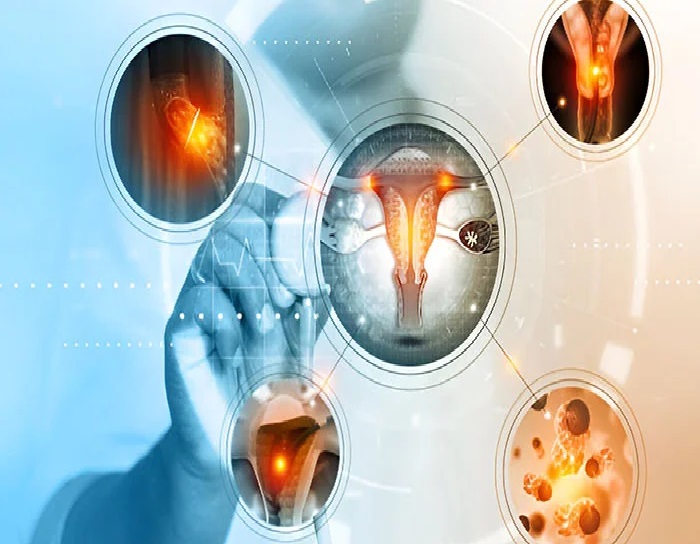
10. Orthopedic:
Our Orthopedic Services
- Fracture & Trauma Care
- Joint Replacement Surgery
- Arthritis & Joint Pain Treatment
- Sports Injury Treatment
- Spine Care & Back Pain Management
- Pediatric Orthopedics
- Minimally Invasive & Laparoscopic Orthopedic Surgeries
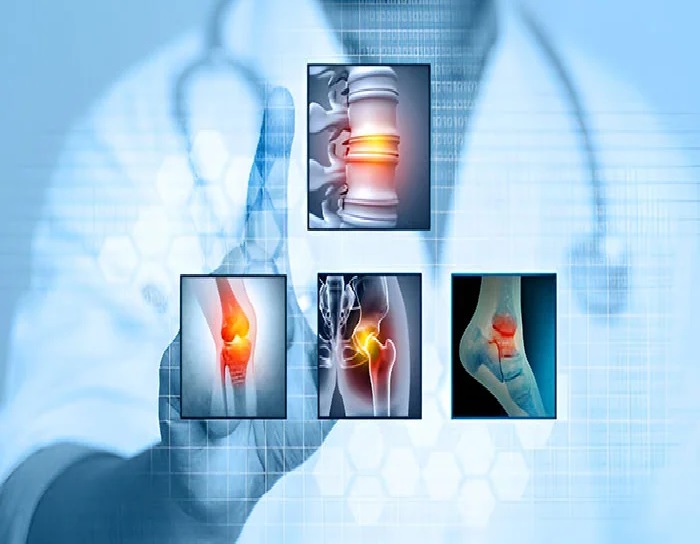
11. Nephrology:
Our Nephrology Services
- Chronic Kidney Disease (CKD) Management
- Dialysis Services
- Kidney Stone Treatment
- Hypertension & Kidney Health
- Diabetic Kidney Disease Management
- Urinary Tract Infections (UTIs) & Kidney Infections
- Kidney Transplant Evaluation & Post-Transplant Care
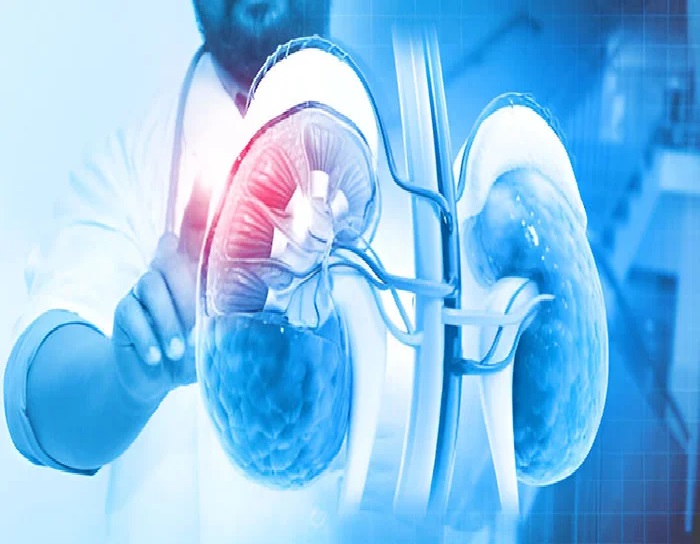
12. Neurology:
Our Neurology Services
- Stroke Diagnosis & Treatment
- Epilepsy & Seizure Management
- Migraine & Headache Treatment
- Parkinson’s & Movement Disorders
- Spinal Disorders & Back Pain Management
- Neuropathy & Nerve Disorders
- Dementia & Alzheimer’s Care
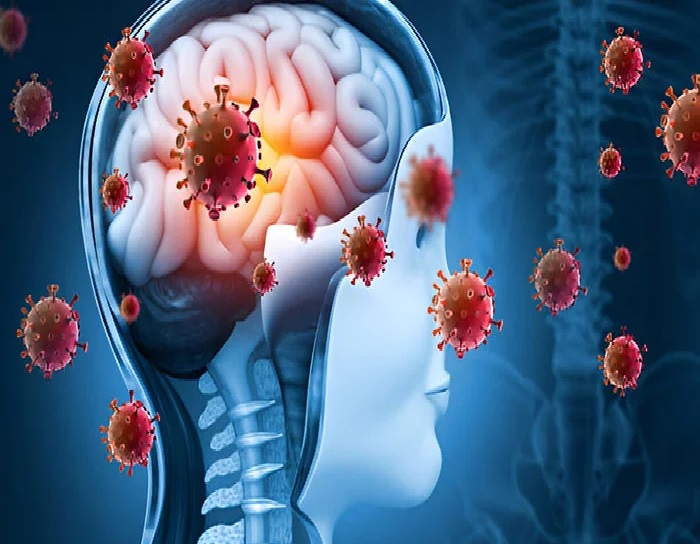
13. Ear, Nose & Throat:
Our ENT Services
- Ear Infections & Hearing Loss
- Sinus & Nasal Disorders
- Tonsillitis & Throat Infections
- Vertigo & Balance Disorders
- Snoring & Sleep Apnea
- Voice & Speech Disorders
- Head & Neck Tumor Screening

14. Pediatric:
Our Pediatric Services
- Newborn Care & Vaccinations
- General Pediatric Consultation
- Growth & Nutrition Monitoring
- Childhood Infections & Immunity Boosting
- Asthma & Allergy Management
- Pediatric Emergency & Critical Care
- Neonatal & Premature Baby Care




